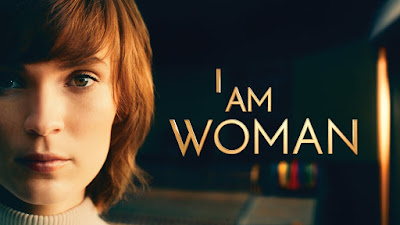October 1962 was the scariest period of the post-World War II Cold War between the NATO powers (specifically the United States of America) and the Communist Warsaw Pact (specifically the Soviet Union).
It was the month of my 18th birthday, I was now eligible for the draft, and we learned that the U.S. had detected Soviet nuclear missile rockets on Cuba.
As a freshman at the University of Hawaii Manoa, I was required to take two years of ROTC (Reserve Officers’ Training Corps). In addition to weekly uniformed Air Force drills once a week, I was required to a class in discipline and strategy.
Our instructor advised us to pray because very soon, we’d be (1) drafted and sent to Cuba, or (2) dead from a nuclear attack.
The day that President John F. Kennedy announced the impending crisis was one of the scariest days of my life. Soviet warships were approaching the Caribbean, and American ships were poised to intercept them. Walking to ROTC class, I passed several groups of silent and worried male students huddled around portable transistor radios.
The Coldest Game stars Bill Pullman as former American chess champion Joshua Mansky, who’s called upon to play the Russian champ for the world championship. It turns out to be a tense political affair, full of intrigue, as the Cuban missile crisis is played out and he is pressured into winning.
Streaming on Netflix, the film has not gotten great reviews, but I liked it because I remembered the international situation of the time, bolstered with black and white TV coverage of the crisis. What unsettling memories it evoked.


